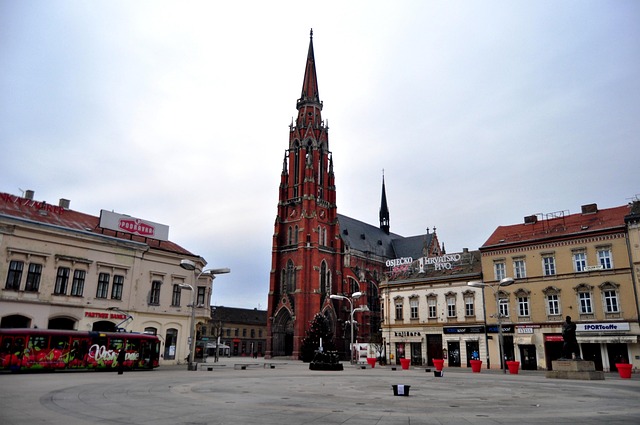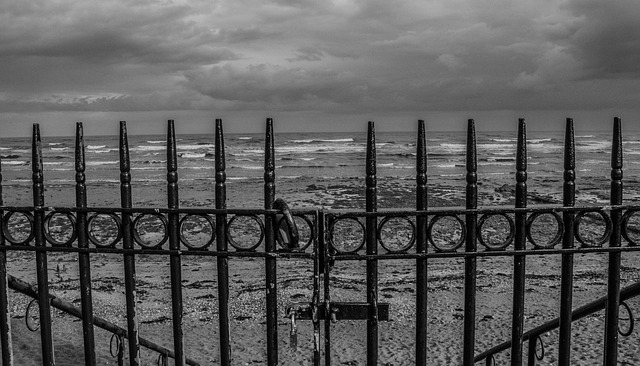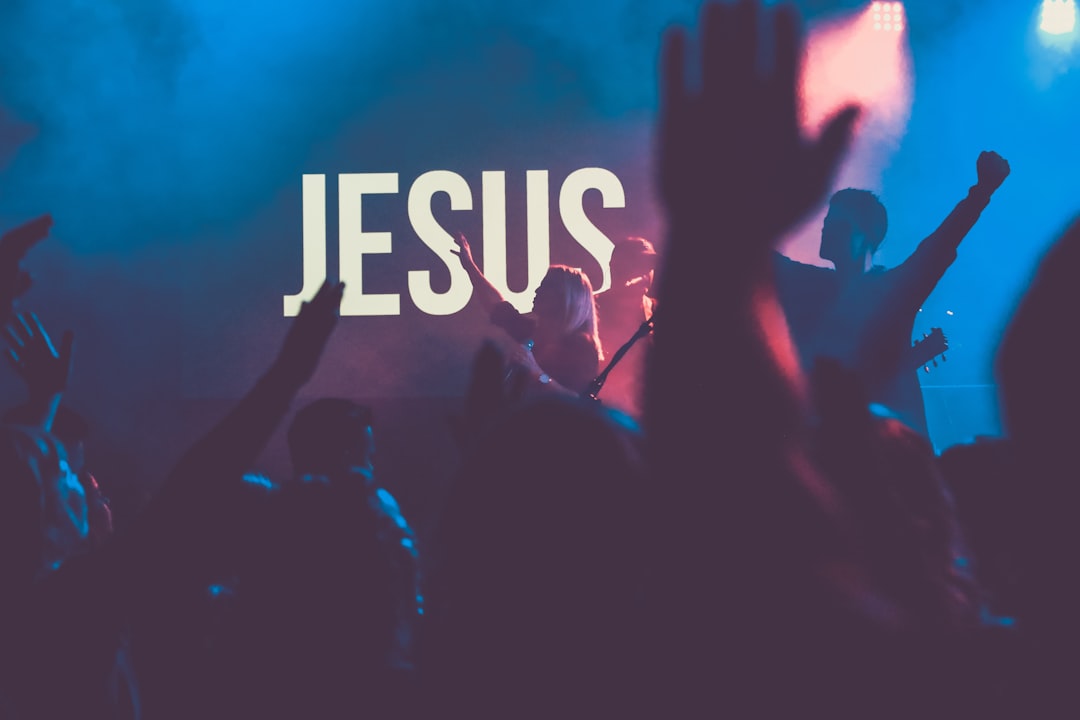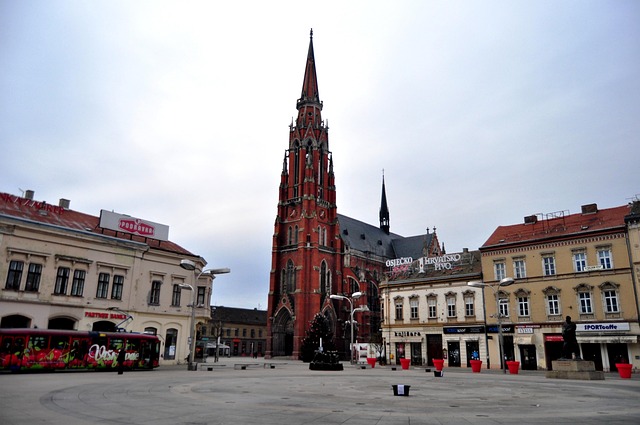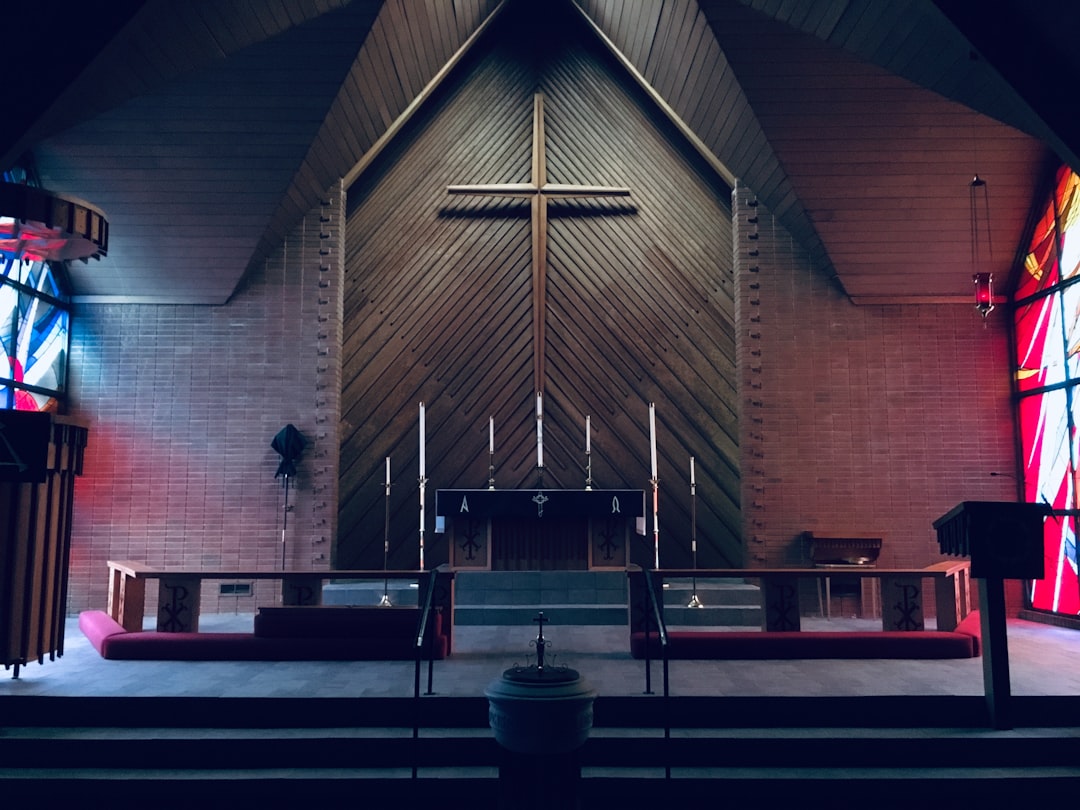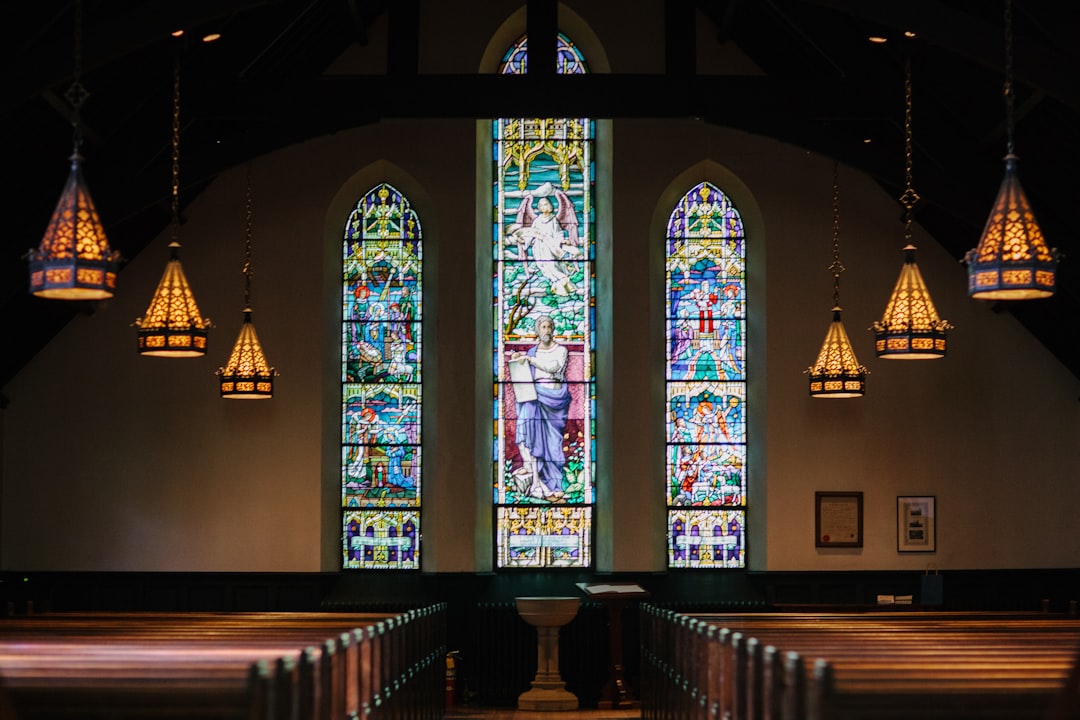Survivors of clergy abuse in Denver, Colorado, can find support through specialized clergy abuse lawyers Denver CO, who navigate complex legal issues like statute of limitations, privacy, and jurisdiction. These attorneys help survivors pursue justice, seek compensation, and gain recognition for their harm, offering crucial guidance throughout the process.
“In the struggle for justice, survivors of clergy abuse in Denver, CO, now have a guiding light. This comprehensive guide delves into the intricate world of legal services specifically tailored to aid victims of spiritual exploitation. From recognizing signs and breaking silences to understanding Colorado’s legal framework, we explore crucial steps.
Learn about your rights, discover available resources, and gain insights on choosing the right clergy abuse lawyer. Understand the process of filing a claim and potential outcomes. For Denver residents seeking justice, this is your roadmap.”
Understanding Clergy Abuse: Recognizing the Signs and Breaking the Silence
Clergy abuse can be a sensitive and complex issue, often shrouded in secrecy. It refers to any form of mistreatment or exploitation by religious leaders, including physical, emotional, or sexual assault. In Denver, Colorado, survivors of clergy abuse are increasingly seeking justice and support from dedicated clergy abuse lawyers. Recognizing the signs of abuse is crucial for survivors to break free from silence and take legal action. Be on the lookout for behavioral changes in the victim, such as withdrawal from social activities, sudden changes in academics or work performance, and persistent feelings of guilt or shame.
Survivors might also exhibit physical symptoms like chronic pain, insomnia, or eating disorders. If you or someone you know has experienced any form of clergy abuse, it’s important to speak up. Denver clergy abuse lawyers can provide guidance, support, and legal representation to help survivors navigate the complexities of their situation. Breaking the silence is a powerful step towards healing and ensuring accountability for those who have caused harm.
The Legal Framework: Navigating Laws and Rights in Colorado
In Denver, Colorado, the legal framework surrounding clergy abuse cases is designed to protect survivors and provide them with avenues for justice. When a survivor decides to take legal action against a religious institution or clergy member, they face a unique set of challenges due to the sensitive nature of these cases. However, state laws offer specific protections and rights for victims of sexual misconduct, including those within religious communities.
Denver’s legal system recognizes that clergy abuse survivors may require specialized assistance and has resources in place to support them. Survivors can seek help from experienced clergy abuse lawyers in Denver CO who understand the complexities of these cases. These attorneys are equipped to navigate the relevant laws, such as those regarding statute of limitations, privacy concerns, and the unique jurisdictional issues that can arise when involving religious organizations. They ensure that survivors’ rights are protected throughout the legal process.
Finding Support: Resources for Survivors of Clergy Abuse in Denver
Surviving clergy abuse can be a deeply challenging and complex experience, often leaving individuals feeling isolated and uncertain about where to turn for help. Fortunately, Denver offers numerous resources for survivors seeking support and justice. Many organizations in the city provide legal services specifically tailored to assist victims of clerical misconduct, ensuring they have access to skilled clergy abuse lawyers Denver CO who understand the unique nature of these cases. These professionals can guide survivors through the legal process, offering much-needed clarity and advocacy.
Support groups, counseling services, and community organizations further enrich the network of assistance available in Denver. Such resources not only help individuals process their experiences but also connect them with peers facing similar challenges, fostering a sense of belonging and collective healing. For those looking for specialized legal aid, reputable law firms dedicated to handling clergy abuse cases can offer comprehensive solutions, ensuring survivors’ rights are protected and their voices heard.
Choosing the Right Lawyer: What to Look For in Clergy Abuse Attorneys
Choosing the right lawyer is a crucial step for survivors of clergy abuse in Denver, CO. When seeking legal representation, it’s essential to find an attorney who specializes in clergy abuse cases and has a proven track record of success. Look for lawyers with experience navigating complex legal issues related to church governance, institutional liability, and sensitive client matters.
Survivors should consider attorneys who are compassionate, understanding, and committed to advocating for their rights. The best clergy abuse lawyers in Denver CO will offer personalized guidance, maintain open communication, and fight tirelessly to secure justice and compensation for their clients. They should also be well-versed in the local laws and regulations governing these cases, ensuring a strong legal strategy tailored to your unique situation.
The Road to Justice: Steps Involved in Filing a Claim and Potential Outcomes
Surviving clergy abuse can be a challenging and emotionally draining experience, but seeking justice is a crucial step toward healing. If you’re in Denver, CO, and looking to take legal action against those who have caused harm, understanding the process is essential. The first step is to connect with experienced clergy abuse lawyers in Denver CO who specialize in these cases. These legal professionals will provide guidance tailored to your unique situation, ensuring you understand your rights and options.
They will help you gather evidence, which may include documentation, witness statements, and any relevant communication related to the abuse. Once prepared, they’ll file a claim on your behalf, navigating the legal system to seek compensation for damages suffered. Potential outcomes can range from monetary settlements that provide financial relief to public recognition of the harm caused, both of which contribute to healing and accountability.
